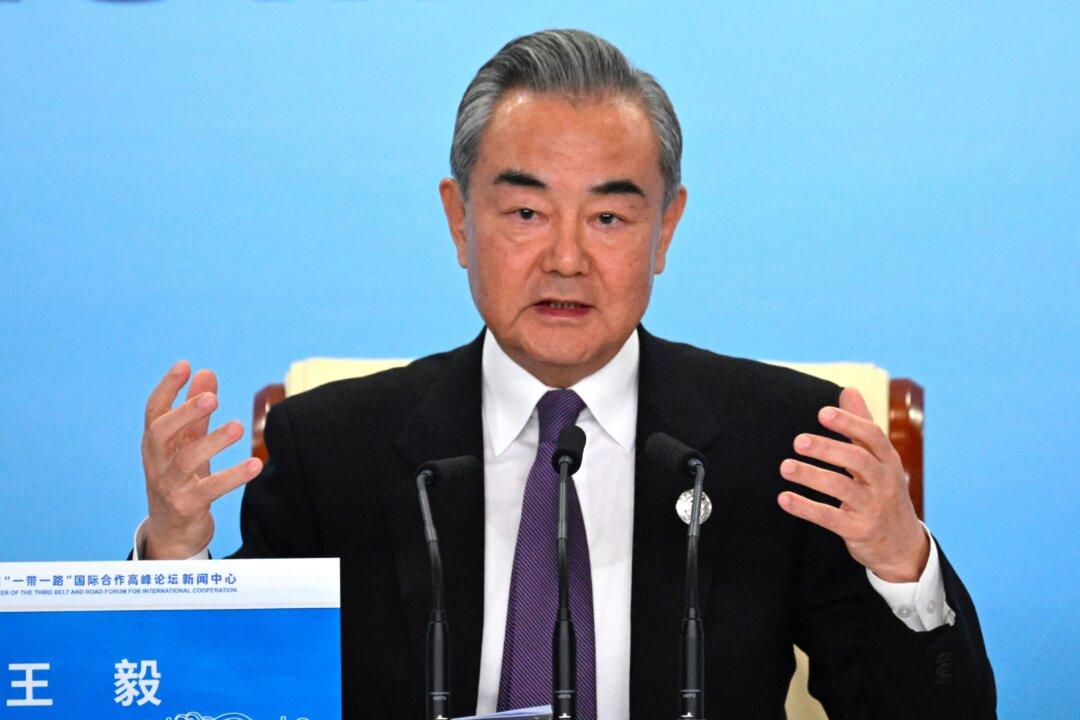U.S. President Joe Biden and national security adviser Jake Sullivan met with China’s top diplomat, Wang Yi, in Washington on Oct. 27 in a move to keep high-level bilateral talks open amid tense relations.
The talks followed Secretary of State Antony Blinken’s meeting with the Chinese foreign minister, who was on a three-day visit to Washington, which could set the stage for a summit between President Biden and Chinese Communist Party (CCP) leader Xi Jinping next month.





